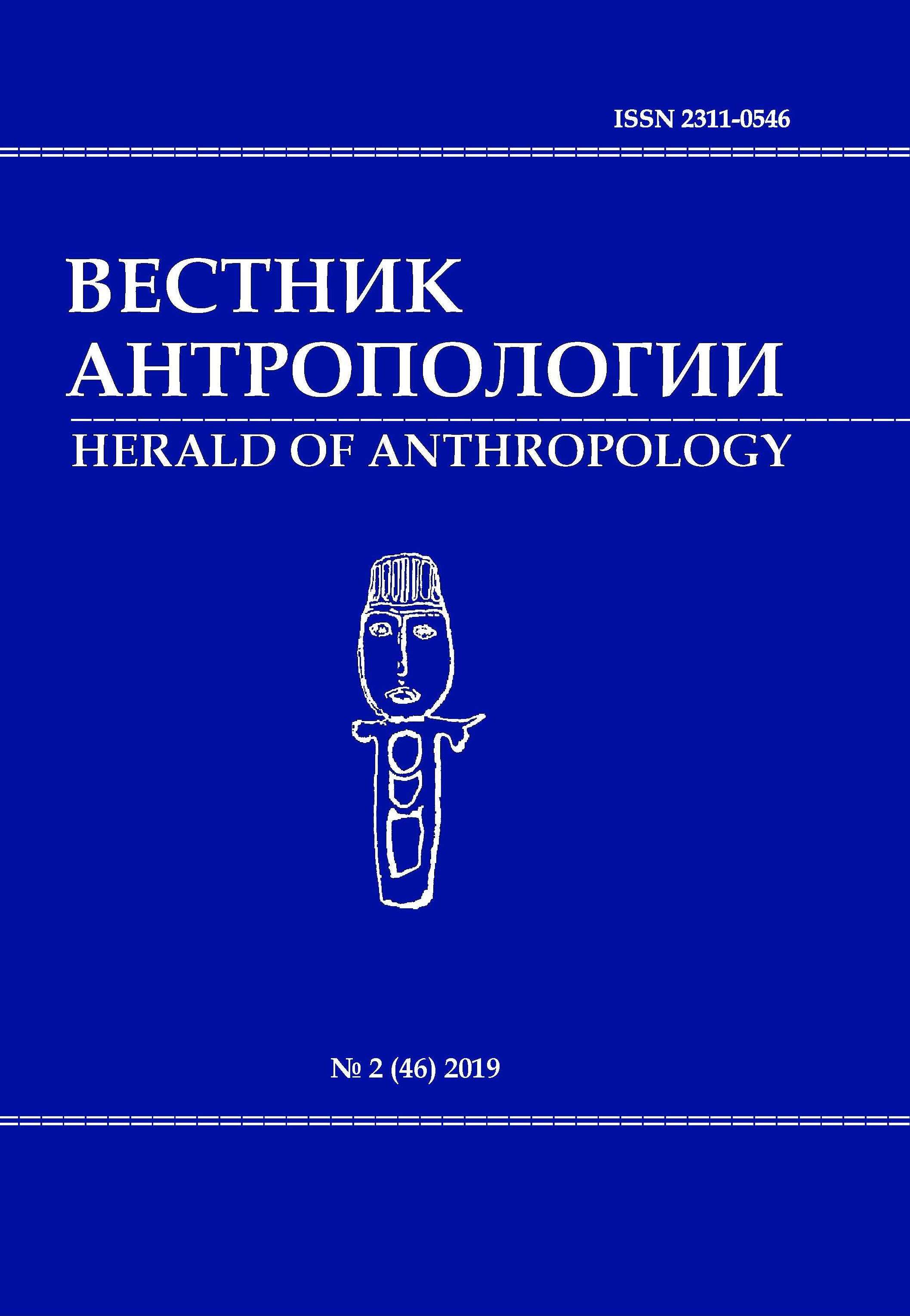Аборигенное предпринимательство в России: ресурсы, технологии и социальные институты
Doi:10.33876/2311-0546/2019-46-2/5-18
Ключевые слова:
аборигенное предпринимательство, коренные малочисленные народы, социальные технологии и институты, самобытная культура, Российский север, АрктикаАннотация
В данной статье предпринимательство рассматривается как новая форма социальной организации коренных народов. Их хозяйственная деятельность строится на семейных и родственных связях, ориентирована на традиционное природопользование и культуру аборигенов. В правовой системе и общественном сознании аборигенное предпринимательство в значительной степени ограничено традиционным образом жизни, который основан на разведении северных оленей, охоте, рыбалке и собирательстве. Государство принимает законы и программы, нацеленные на сохранение традиционного образа жизни коренных народов, не связанные со свободным предпринимательством. Коренные народы предлагают свои стратегии современного развития, строящиеся на самобытной культуре и новых социальных институтах. Анализируются предприятия Сахалина (рыболовство), Ямало-Ненецкого (оленеводство) и Ханты-Мансийского автономных округов (культурное предпринимательство, туризм). Рассматриваются факторы, влияющие на развитие аборигенного бизнеса и его место в современной рыночной экономике.






















